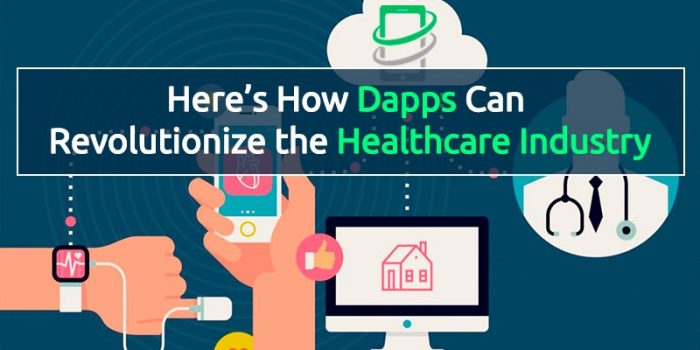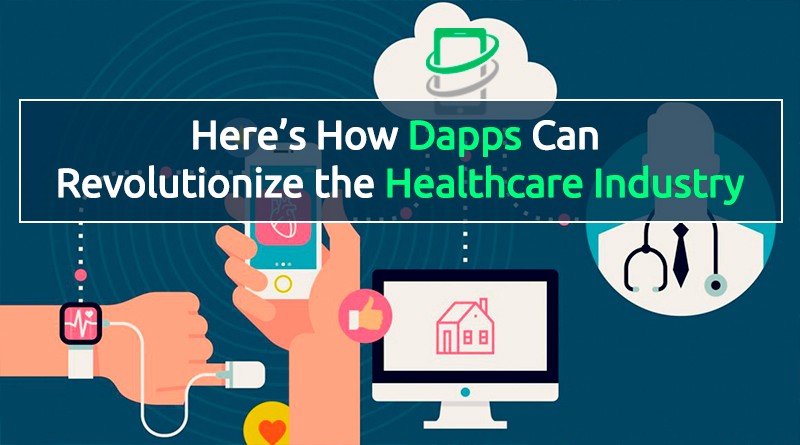A decentralized app, or Dapp, is a web-based application that employs a decentralized, public and cryptographically empowered database system to facilitate the exchange of information among its users.
Dapp data isn’t owned or managed by any central body. All participants maintain an identical copy of all the application’s data, and any change to the data is made through a consensus. When new information is added, it is permanently stored on all computers, regardless of how many they are in the network.
dApps offer peer-to-peer data exchange, based on cryptographically enforced consensus.
Today, decentralized applications have gone from storing and managing financial transactions to virtually all forms of information, including personal identity, intellectual property, smart contracts, and of course, healthcare data.
- Decentralized apps promise to link hospital data systems across a shared network, so that the exchange of such information can happen in real-time, from one end to the next.
- In a decentralized world, all information is distributed and shared across many points on the network, which means there’s no single point of failure. Hacker attacks would therefore become a lot more difficult.
- Dapps could also facilitate the sharing of research, clinical trials, advanced directives and safety analyses, and therefore enhance collaboration,
- Patients could use personal health devices ( IoT devices) to record data and share it with medical practitioners in real time. Alternatively, instead of storing patient data, Dapps can store access controls — such as who a patient authorizes to see their health data — even when the data itself is stored in an EHR.
We are creating the foundations for a true Health 4.0 with personal small health data (SHD) feeding to a real preventive health care.
Origin information: Here’s How Dapps Can Revolutionize the Healthcare Industry



